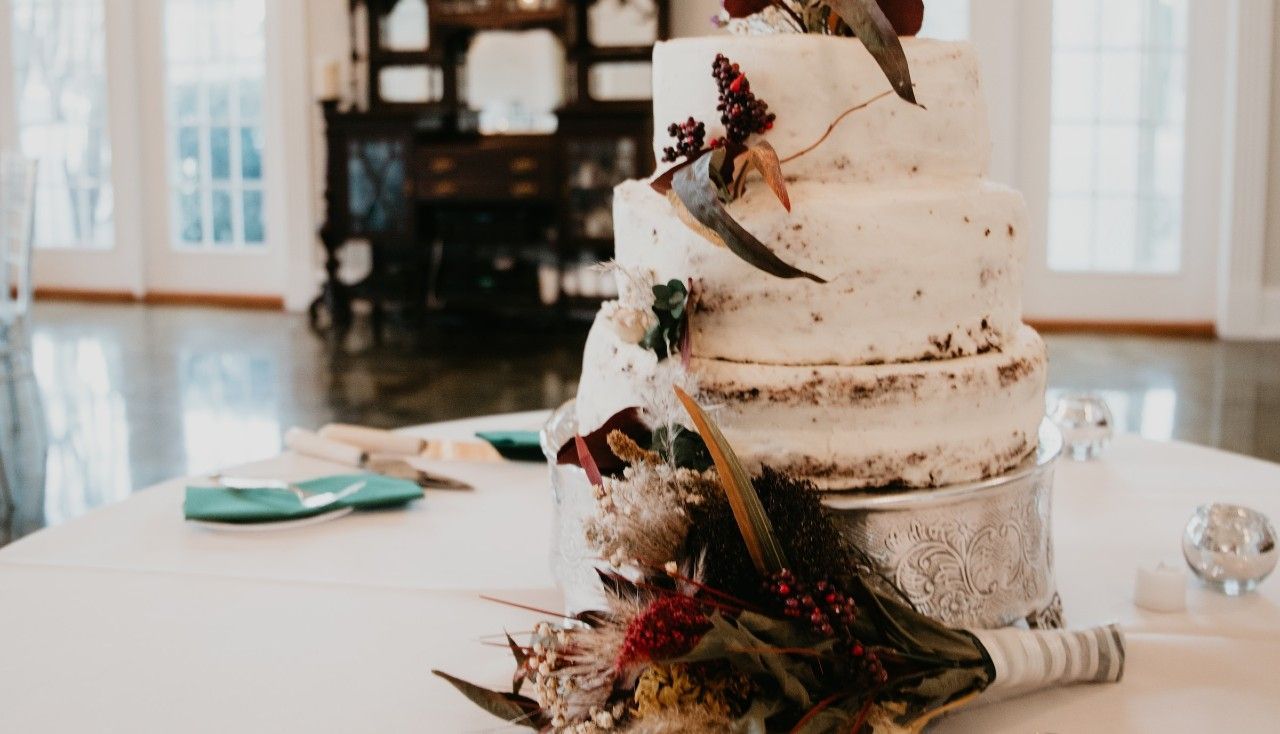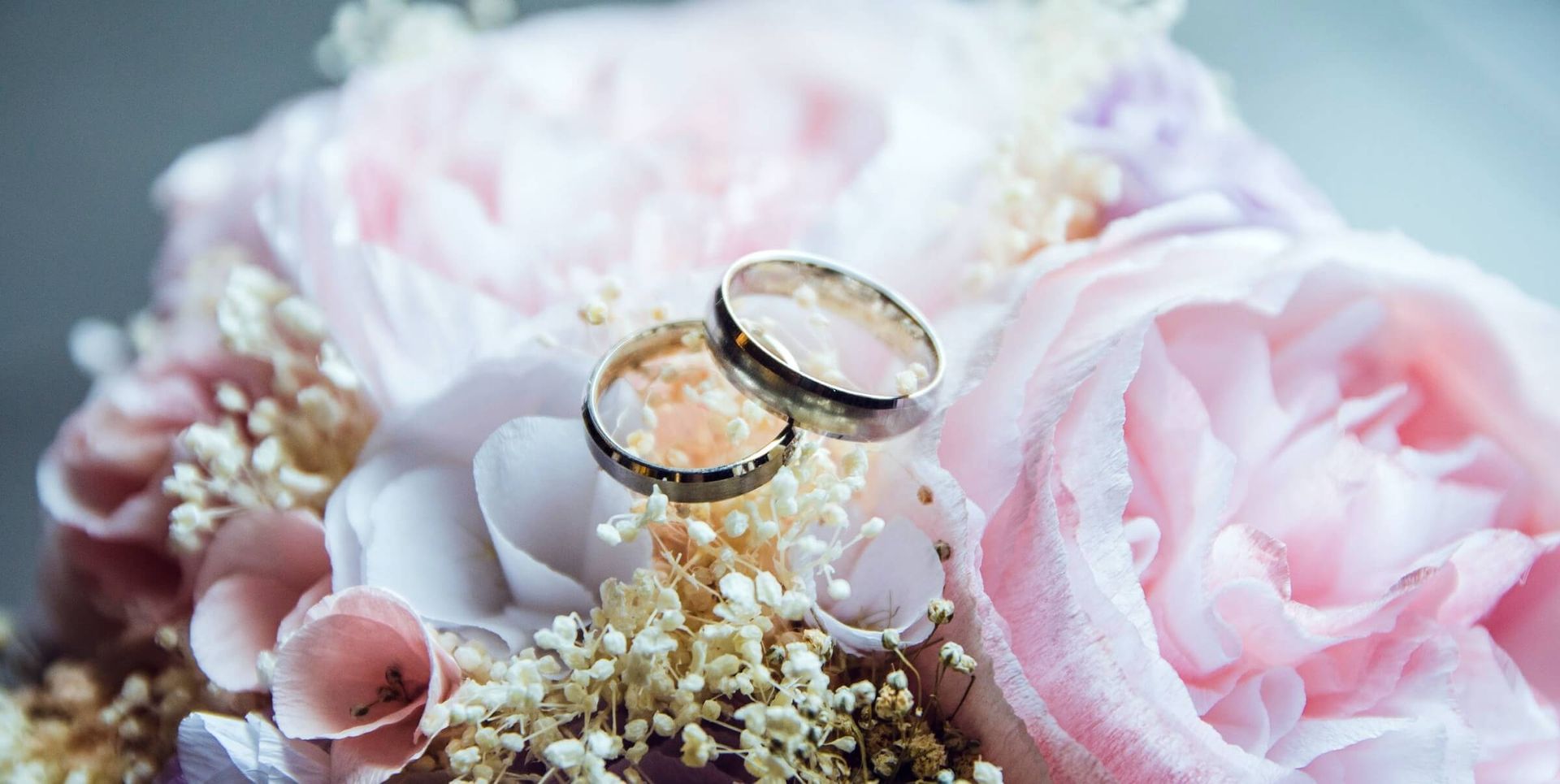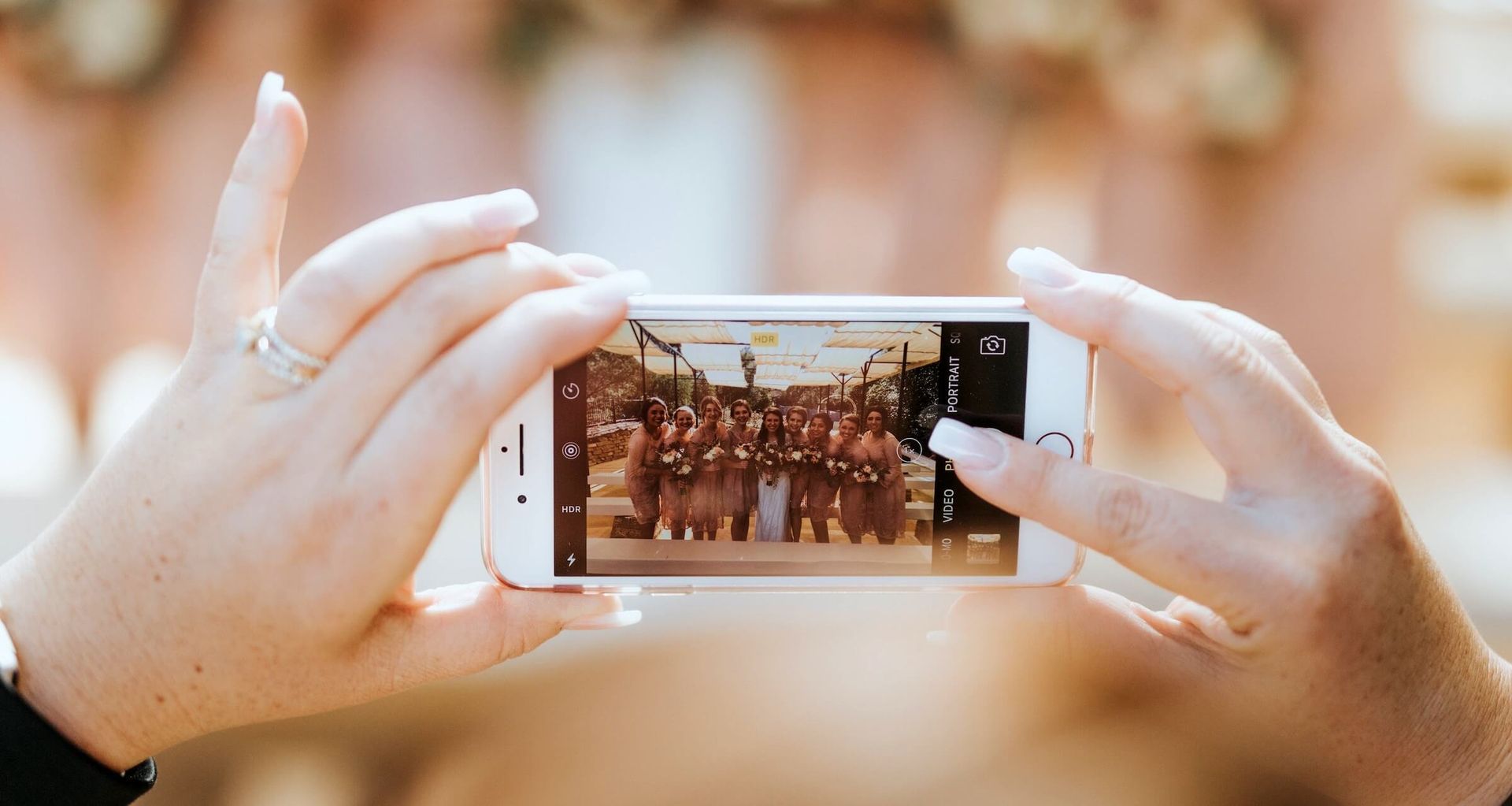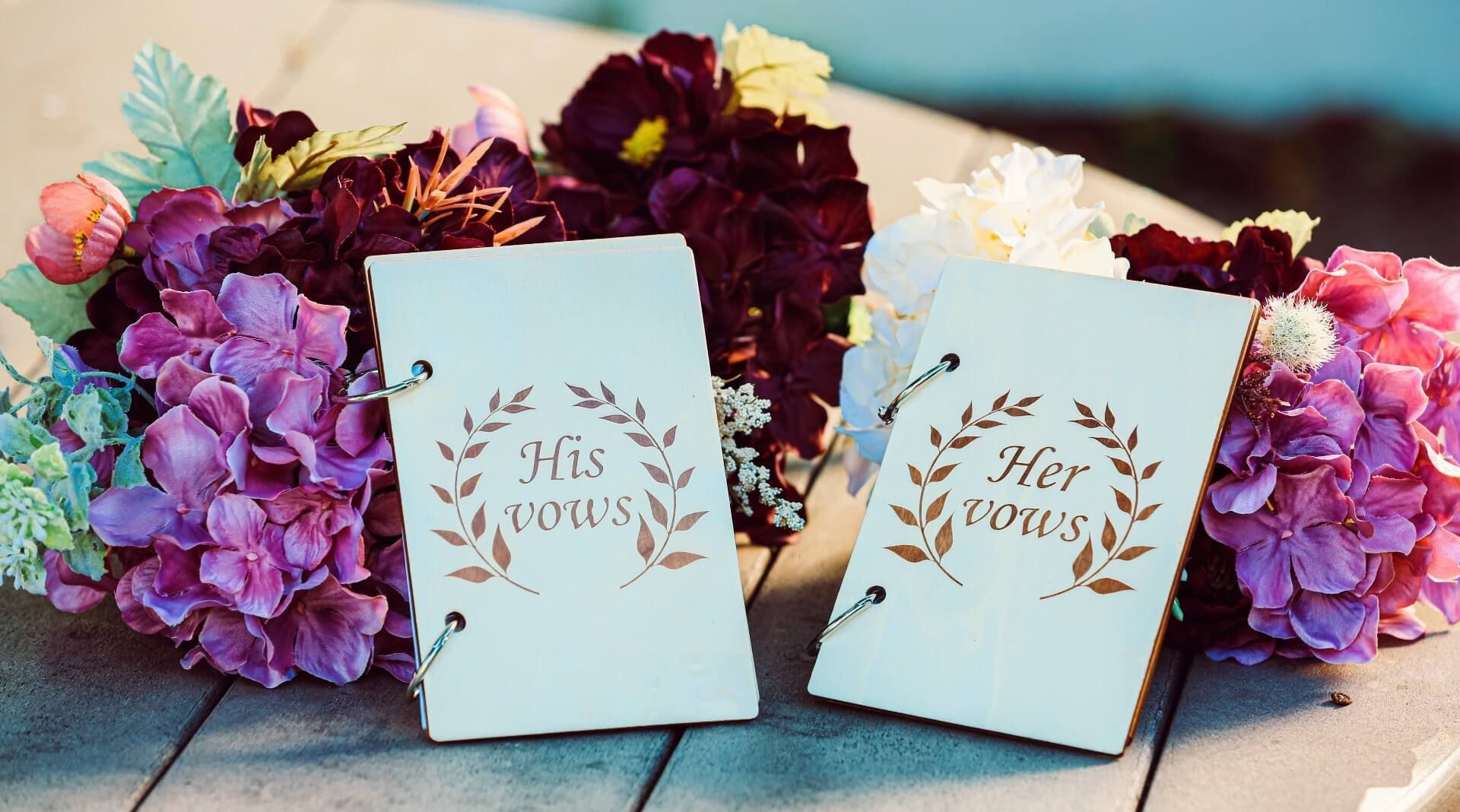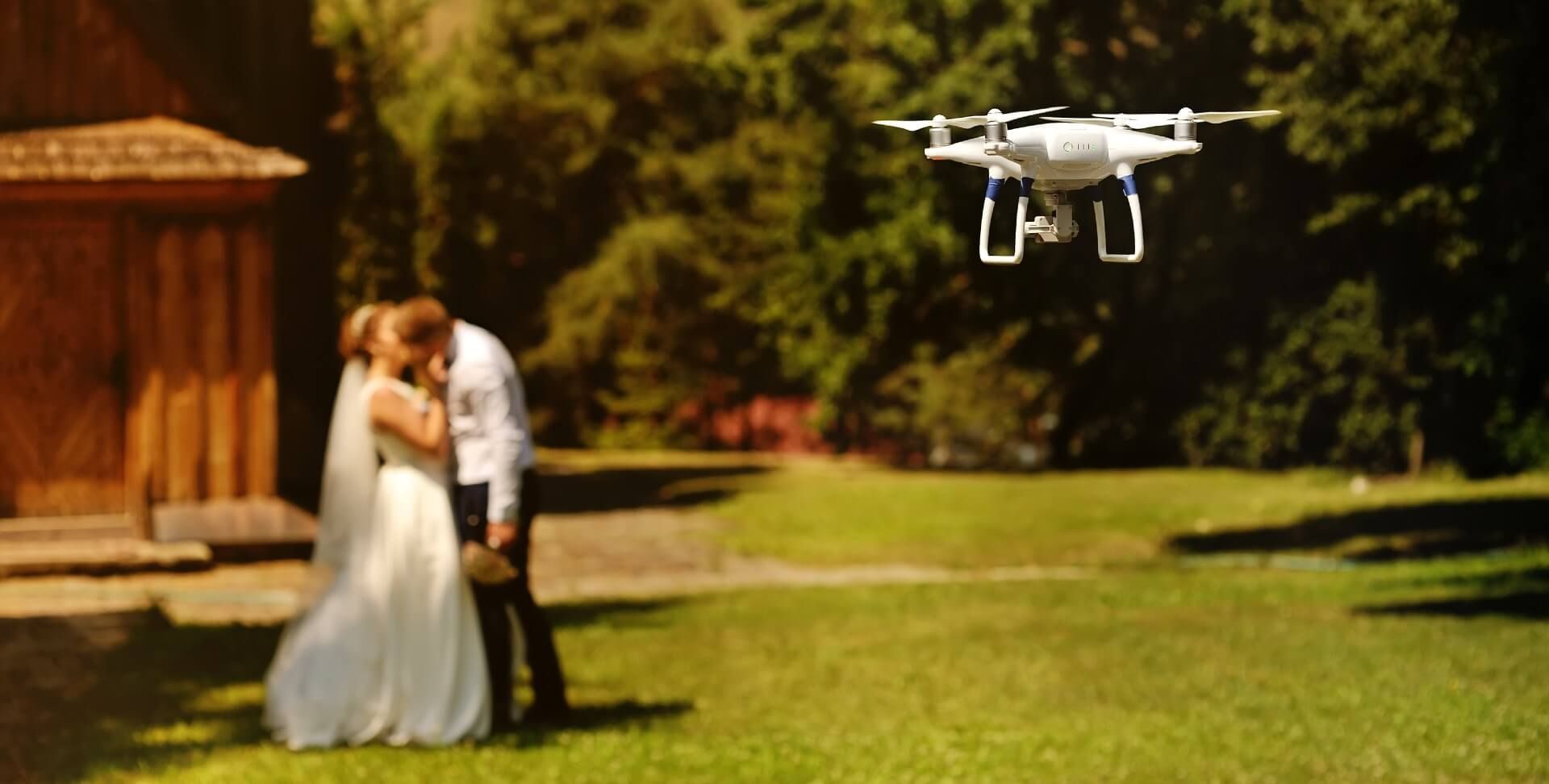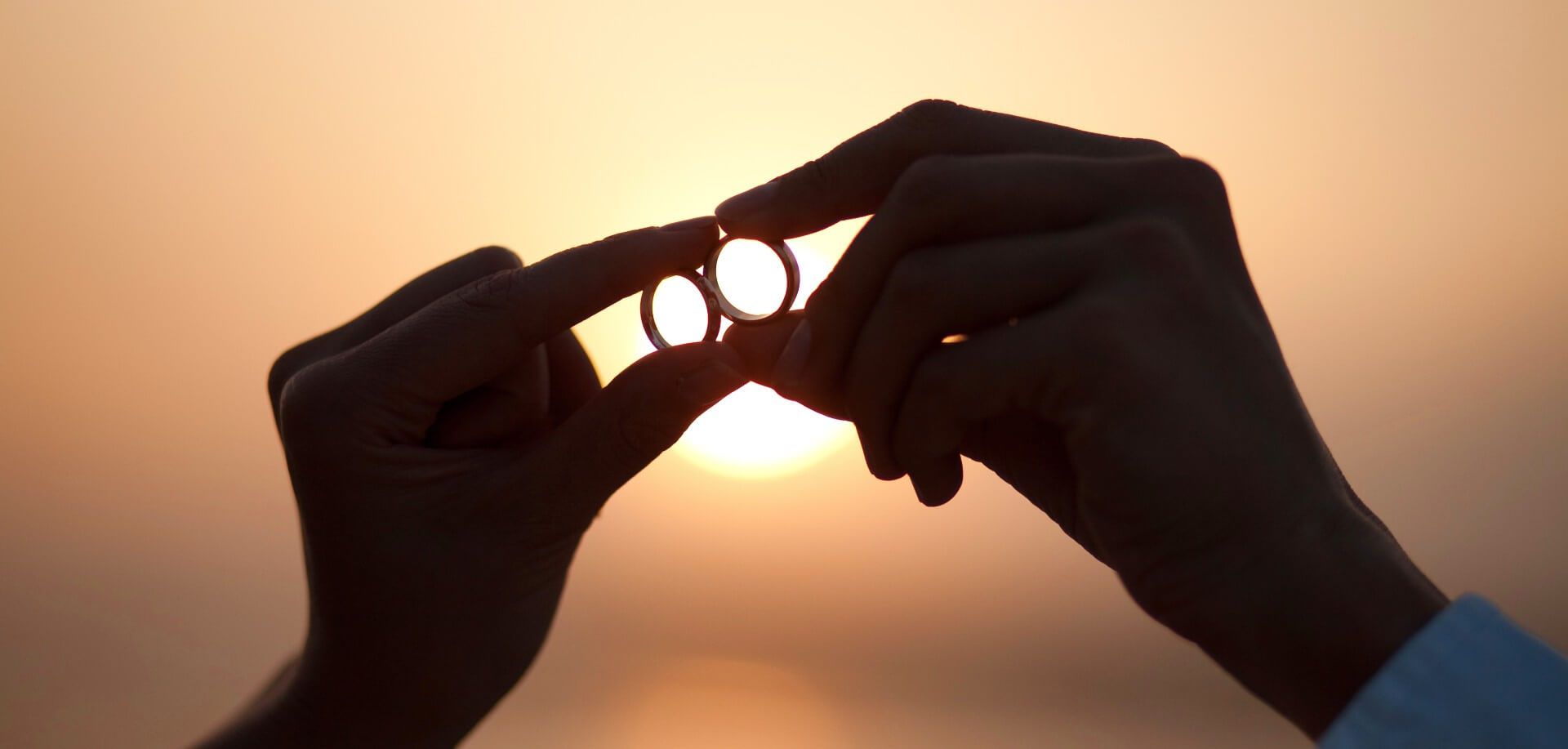Attending Your First Jewish Wedding: What to Expect, Traditions, and the Ceremony
Learn the ins and outs of what's in a Jewish wedding.
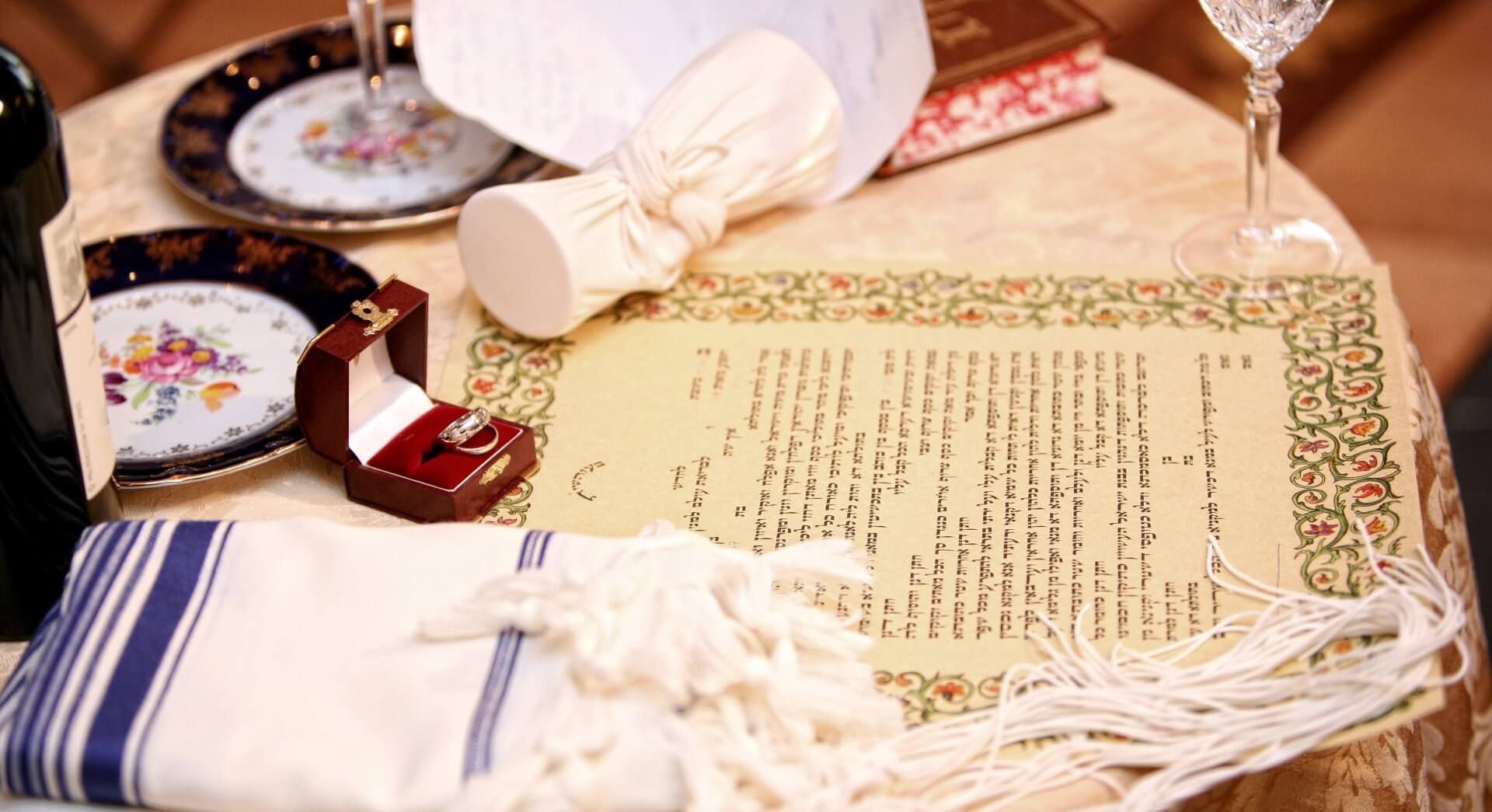
There are different kinds of weddings. Each is unique and just as special, with their own culture and traditions infused in them. Despite the differences, the core purpose of every marriage is the same, and that is to celebrate a special occasion filled with love, joy, and pure emotion from unifying two people’s lives.
So, if you’ve been invited to your very first Jewish wedding, you’re in luck because you’re in for a beautiful treat. It’s okay if you feel anxious or worried about attending. We all feel that way when we’re experiencing something new. But don’t let it bring you down; instead, figure out what’s expected in a Jewish wedding so you can be prepared!
Here’s everything you need to know about the customs and traditions that make Jewish weddings unique and memorable.
What One Should Wear to a Jewish Wedding
Attending a Jewish wedding calls for proper attire. The dress code is generally formal, with options ranging from black tie to lounge suit dress codes. At some Jewish weddings, kippot or skull caps are provided for guests; in some cases, women wear them, too. Traditionally, women wear skirts that fall below the knee or long dresses that cover the shoulders. They can also wear jackets and wraps for their shoulders during the ceremony and remove them for the party.
Regardless of your preference, checking the wedding invitation for specific instructions is important. Orthodox weddings may require more conservative attire, covering arms and bodies. But it’s best to inquire about dress expectations, especially if the ceremony is taking place in an Orthodox Synagogue.
The Ketubah, a Jewish Marriage Document
The rituals you’ll witness at a Jewish wedding will depend on what the couple practices, which can be Orthodox, Conservative, or Reform Judaism. The Ketubah, or Jewish marriage contract, is an essential ritual in Jewish weddings. It’s traditionally given to the bride and groom and signed before the ceremony begins.
This document outlines the husband’s responsibility and financially safeguards the wife in the event of a divorce. As days and years pass, Ketubot, the plural version of the Ketubah, are calligraphed and considered one of the many works of Jewish art. Over the years, how the Ketubah is written and done has evolved to fit the couple and their ceremony.
Before the wedding, a private ceremony will be held. The Ketubah is recited during the private ceremony with close friends and family members as witnesses. This document is not a marriage license. Instead, it’s a practical and more spiritual commitment between the bride and groom. After the wedding, the Ketubah is usually displayed in the newlywed’s home.
Typical Seating Arrangements at a Jewish Wedding
Seating arrangements may be restricted depending on the type of Jewish wedding you’re attending. In Orthodox marriage, men and women may be asked to sit on opposite sides of the church. Usually, friends of the bride sit on the right side and those of the groom sit on the left. Nowadays, the bride and groom let their friends choose which side they sit on.
The Usual Processional Order of Jewish Weddings
Jewish weddings are usually held on Sundays, as Saturdays are reserved for the Sabbath. The highlight of the day is the ceremony, known as the “chuppah,” where the couple marries under a canopy, symbolizing their future home.
Hebrew singing and a beautiful chuppah decoration add to the ceremony’s significance. At the end of the ceremony, there is the tradition of the groom smashing a glass, followed by enthusiastic shouts of “mazel tov” from the guests. Afterward, the celebration truly begins, with dancing and speeches interspersed throughout the evening.
The Traditions to Look Forward to and Take Part In at Jewish Weddings
Participating in Israeli dancing is highly encouraged for all guests. Additionally, as a close friend or part of the bridal party, you may be involved in pre-wedding traditions such as the Tisch (a pre-wedding drink for the groom’s party) and the Bedeken (the groom’s first look at the bride). These moments are emotional and privileged experiences, allowing you to witness the deep significance of the wedding rituals. Remember, each couple may have their own variations, so it’s best to follow their lead.
What are Jewish Wedding Receptions Like?
The reception at a Jewish wedding is similar to other weddings you may have attended. It begins with a drinks reception featuring cocktails, spirits, and Prosecco. The dinner setup includes formal seating arrangements around a stage and dance floor. The catering typically offers a lavish canapé reception and a delicious three-course meal. The menu may be kosher, and non-kosher items like shellfish and pork are usually avoided, but the dishes will be recognizable and satisfying.
Gift Giving at a Jewish Wedding
While some couples may provide a gift list, it is also customary to give money as a gift at a Jewish wedding. Monetary gifts are often the norm, and you can share what you can afford without feeling pressured to give more. It is advisable to present a check instead of cash for security reasons, and you can send or give the gift in advance of the wedding. Historically, visitors would bring gifts before the wedding, but this practice is less common now. Remember to inquire about the gift preferences and if there will be a designated gift table.
Photography and Videography at Jewish Weddings
Capturing the memorable moments of a Jewish wedding is encouraged, but it’s important to be considerate of the official photographers. Check with your hosts to know if it is acceptable for you to take photographs and share them on social media.
Attending a Jewish wedding is a unique and joyous experience. By familiarizing yourself with the customs and traditions, understanding appropriate attire, and participating in the celebrations, you’ll be able to fully embrace the magic of the day. With this knowledge, you can join the festivities, dance the night away, and celebrate the union of two souls in love. Mazel tov!
Are you looking for an officiant? 5-Star Google rated Cantor Daniel Pincus would love to hear from you. Reach out to him here.

